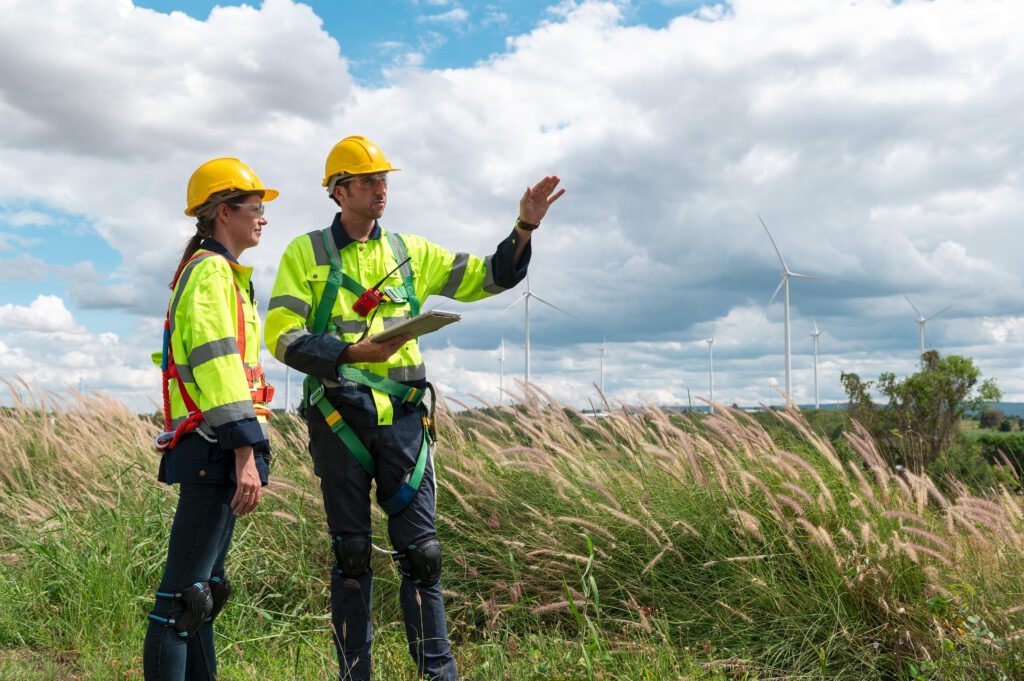When it comes to commercial appraisals in Alberta, due diligence is a critical step that cannot be overlooked. Understanding the details is important when appraising land, commercial real estate in Western Canada, or any other property. Property DNA Group, a leader in commercial appraisals, provides expert insights and essential tips for due diligence.
What is Real Estate Due Diligence?
Real estate due diligence is a comprehensive process involving the evaluation of all aspects of a property before finalizing a transaction. This includes reviewing legal documents, conducting property and land appraisals, and assessing environmental risks. For commercial real estate in Alberta, due diligence ensures that the buyer is fully aware of the property’s condition and value.
What Due Diligence is Needed When Buying a Business?
When purchasing a business, due diligence extends beyond the physical assets. It involves:
- Financial Analysis: Reviewing balance sheets, income statements, and cash flow.
- Legal Compliance: Ensuring the business meets all regulatory requirements.
- Market Analysis: Understanding the industry and competitive landscape.
- Operational Review: Assessing the efficiency and scalability of business operations.
How to Get a Commercial Property Investment Right?

We have several tips to finalize your commercial property and ensure a successful commercial investment:
1. Conduct Thorough Market Research: Understand the dynamics of the area and industry. Stay informed about the commercial real estate market in your area to gauge your property’s standing.
2. Get a Professional Appraisal: Utilize services from firms like Property DNA Group for an accurate commercial property appraisal. We provide our insights for commercial property appraisals in Lethbridge, Grande Prairie and across Western Canada.
3. Assess Financial Viability: Consider cash flow, expenses, and potential ROI.
4. Review Legal and Environmental Factors: Ensure compliance and environmental safety. Scrutinize titles, zoning laws, and any legal encumbrances. A Phase 1 ESA is crucial to identify potential environmental liabilities.
5. Plan for Long-Term Goals: Align your investment with your future business objectives.
Is Underwriting Necessary in Commercial Real Estate?
Underwriting in commercial real estate involves assessing the financial risks associated with a property investment. This process includes evaluating the property’s income potential, market value (ascertained through a commercial property appraisal), and the borrower’s creditworthiness. Effective underwriting is crucial for securing favorable commercial real estate financing terms.
What are the Commercial Property Documents?
Essential commercial property documents include:
- Title Deeds: Confirm ownership and reveal any liens or encumbrances.
- Lease Agreements: Provide details on rental income and tenant obligations.
- Property Appraisal Reports: Offer a detailed valuation of the property.
- Environmental Assessments: Phase 1 ESA reports highlight environmental risks.
- Building Plans and Permits: Show compliance with zoning and construction regulations.
How Does Commercial Real Estate Financing Work?

Commercial real estate financing involves securing funds to purchase, develop, or refinance commercial properties. Lenders assess the property’s worth, the borrower’s credit, and the property’s ability to make money. Financing options include traditional bank loans, commercial mortgages, and private lending, each with its terms and conditions.
How Long is a Site Visit for a Commercial Appraisal?
A site visit is a fundamental aspect of the commercial property appraisal process. Commercial appraisers from Property DNA Group typically spend several hours to a full day conducting site visits. The duration of these visits varies based on the size and complexity of the property. During this time, appraisers assess the physical condition of the property, its location, and any environmental concerns, such as those identified in a Phase 1 ESA (Environmental Site Assessment).
Commercial appraisals require careful research, expertise, and understanding of the market to ensure accuracy and thoroughness. Use these tips and Property DNA Group to confidently navigate commercial real estate in Alberta. Contact us for more insights and assistance in your commercial appraisal needs.






